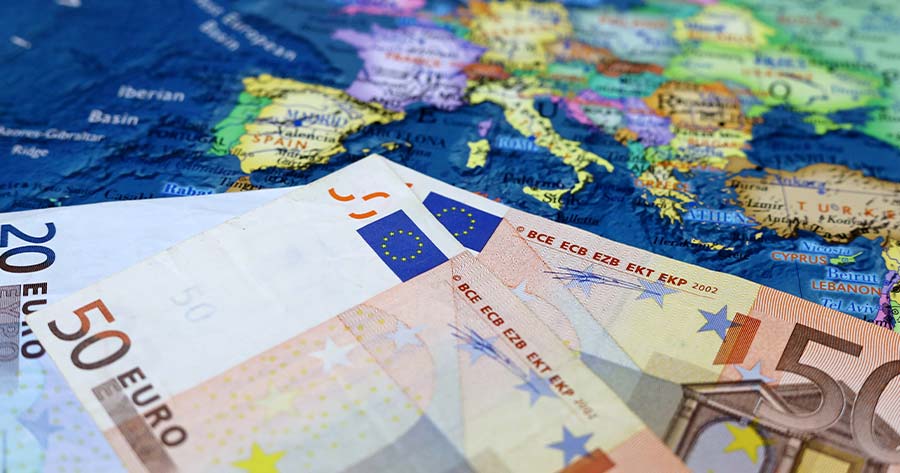The European Central Bank (ECB) has warned that ongoing high global trade tensions are now a significant risk to the euro area economy, while weak economic growth is now a bigger threat than high inflation.
The economic growth in the eurozone reached a two-year peak of 0.4% in the third quarter, while headline inflation soared to 2% in October, according to recent figures.
In its report in May, the central bank reported a “resurgence of volatility” in the financial markets, highlighting that due to overextended valuations and risk concentration, future fluctuations are considered “more likely than usual”.
Global trade tensions and rising protectionism are also weighing on the global economy, impacting growth, inflation, and asset prices worldwide.
Some nations are concerned about the potential effects of Donald Trump’s return to the White House, especially his plan to impose a 10% tariff on all goods heading to the U.S. This policy could slow exports and prompt the ECB to lower interest rates more quickly, which may put pressure on the euro.
In a CNBC interview, ECB Vice President Luis de Guindos cautioned that Trump’s return could add uncertainty to Europe’s economic outlook and mentioned the European Commission’s projections anticipating euro area growth to fall below 1% in 2024 and slightly rebound to above 1% in 2025, with other factors being a fragile state of economic activity, and geopolitical risks, such as situations in Ukraine and the Middle East.
The ECB also noted concerns about increased servicing costs of sovereign debt and weak fiscal conditions in some eurozone countries. If economic growth slows further, high borrowing costs, sluggish growth impacting corporate balance sheets, and credit risks for small and medium-sized businesses and lower-income households could deepen. These uncertainties may lead to a sharp reversal in risk sentiment.





